Understanding the rescheduled 2020 racing season – Preview
How COVID-19 has created a new narrative and potentially even more entertaining racing
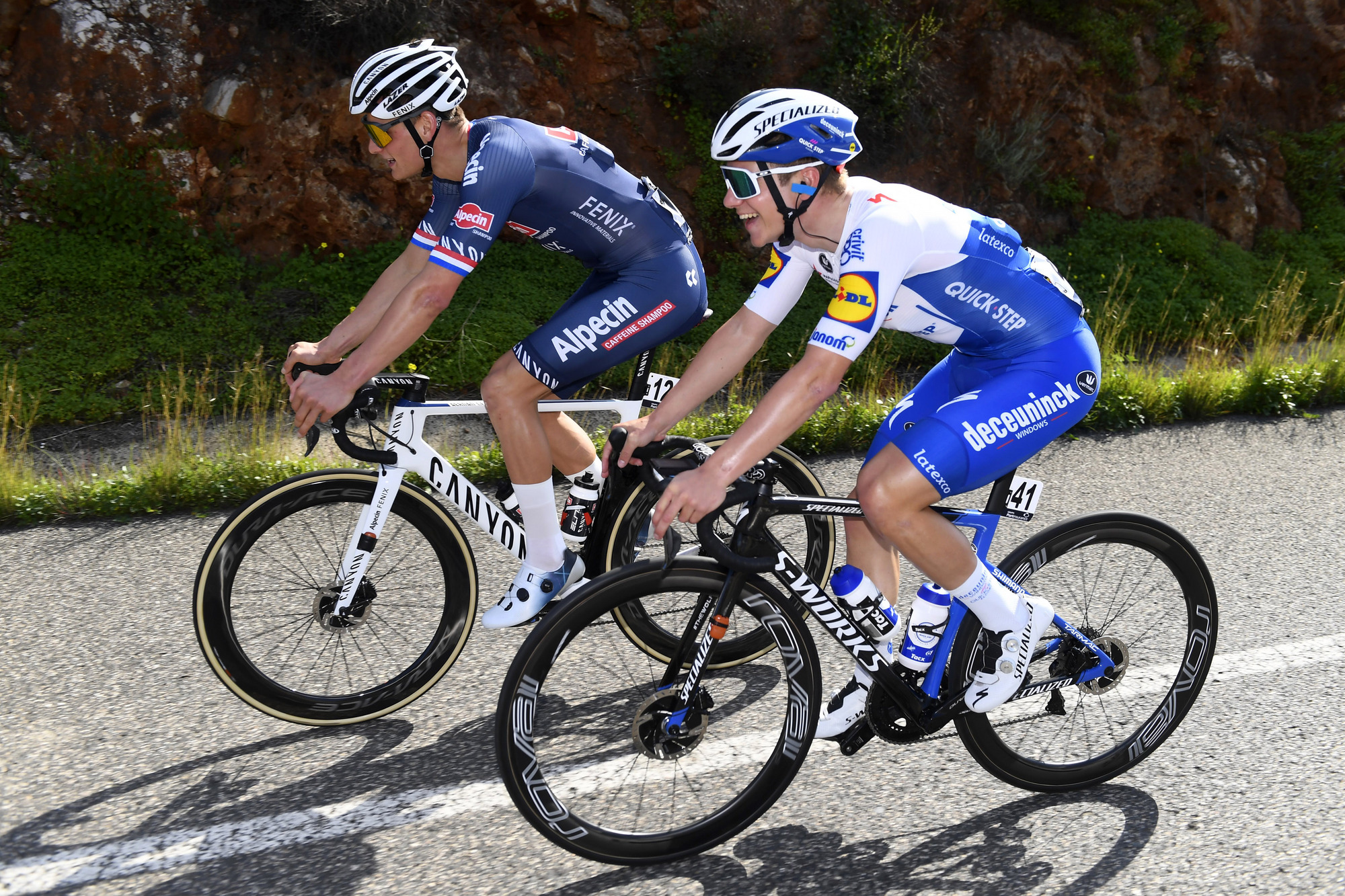
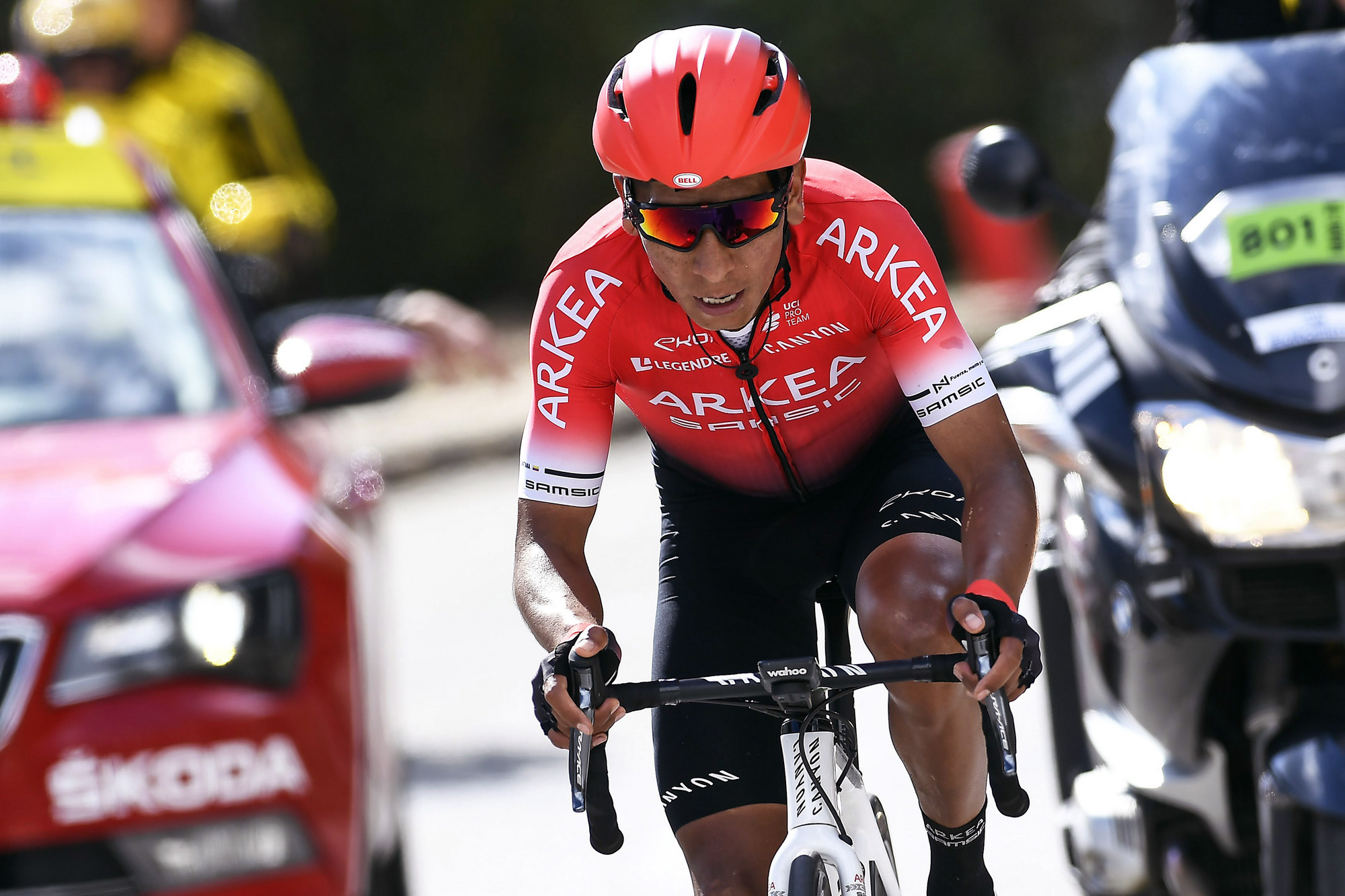
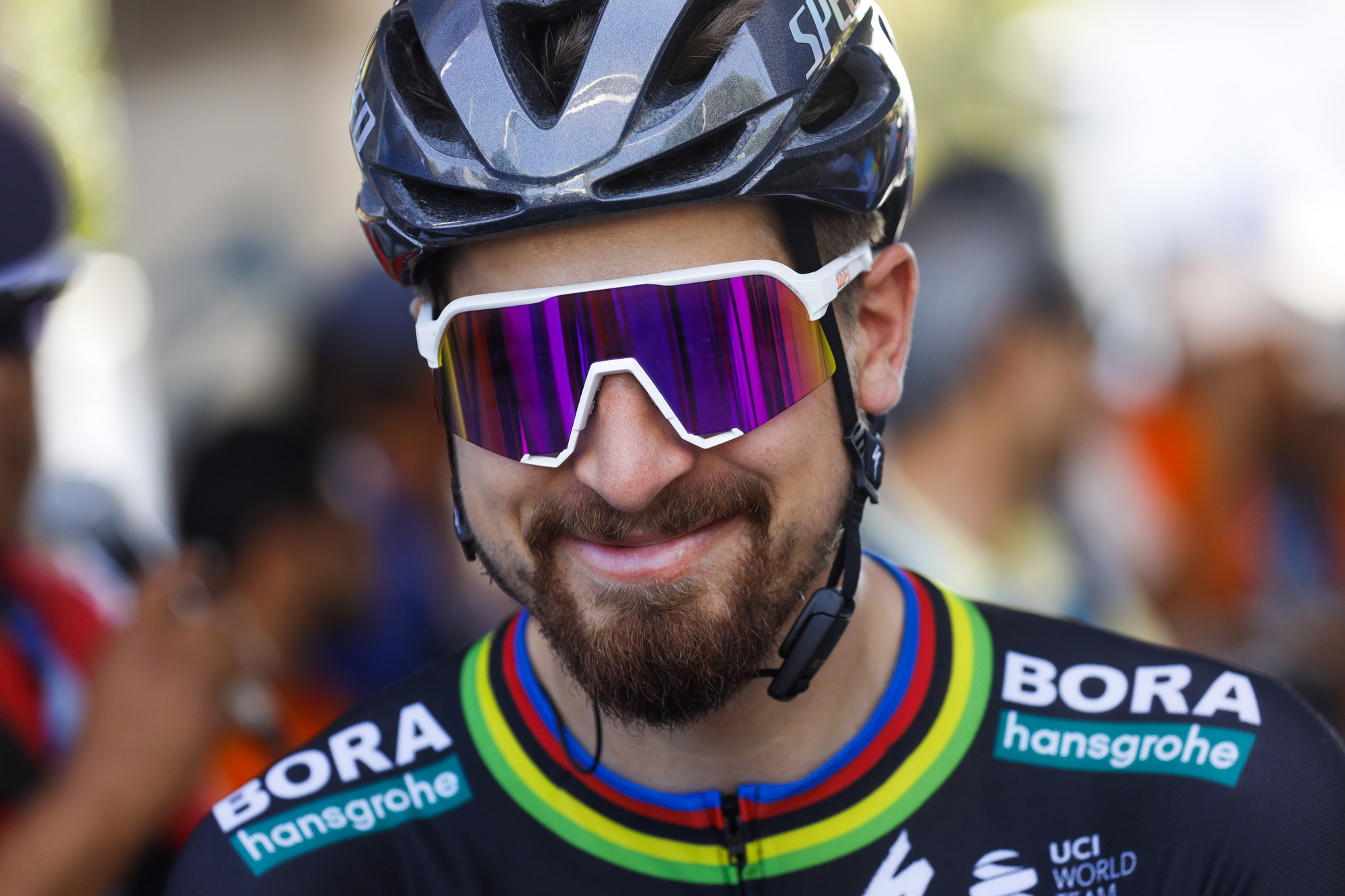
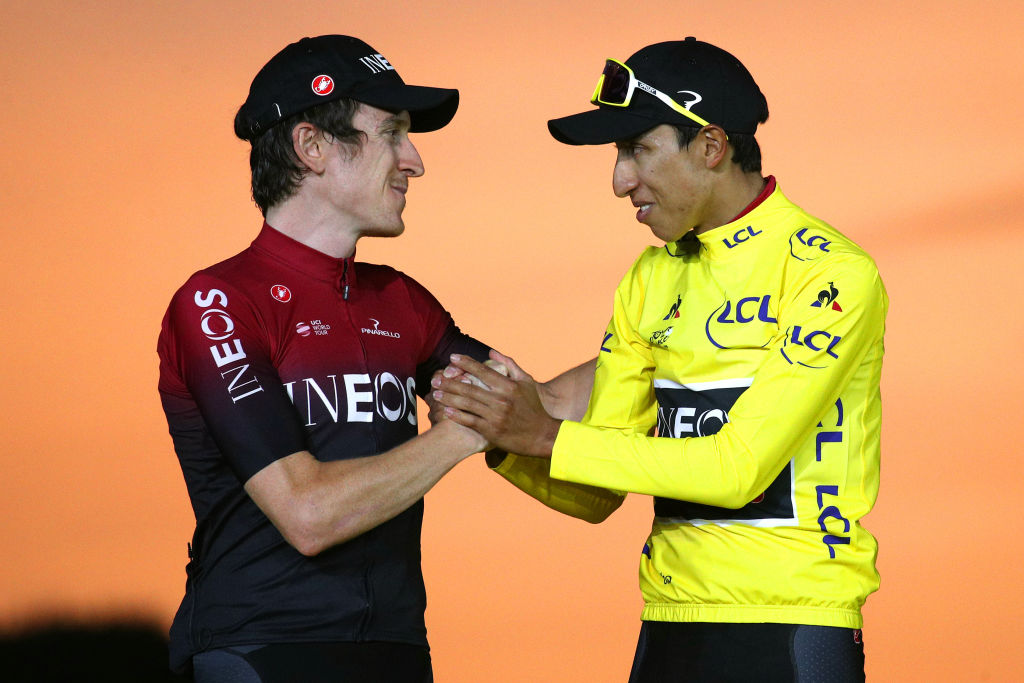
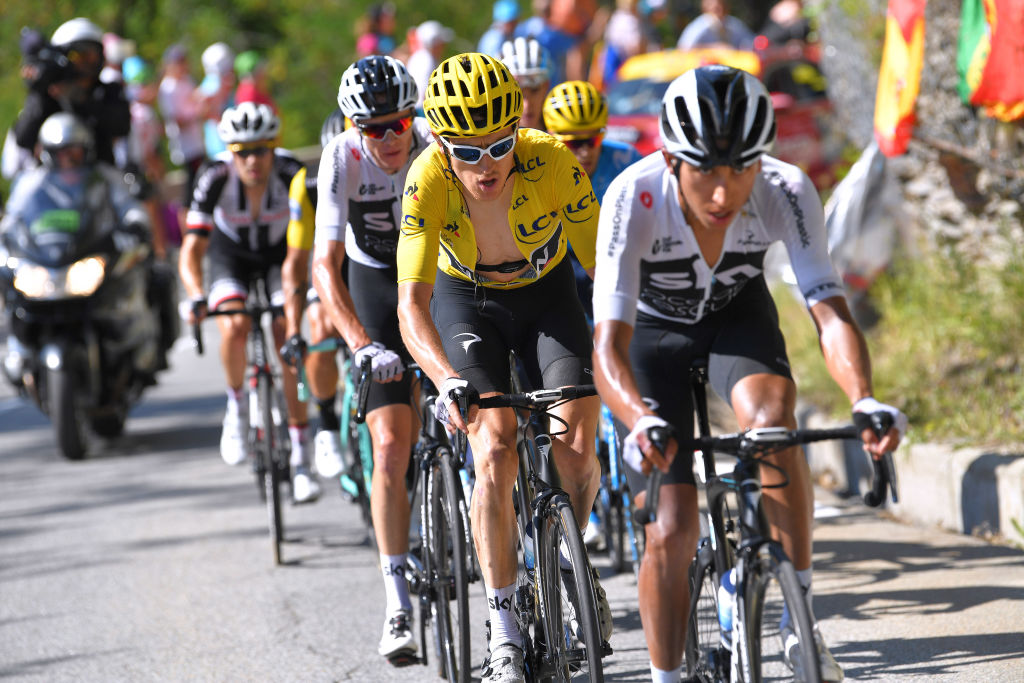
Cyclingnews will publish a separate preview of the rescheduled women's season later this week.
With some trepidation, a complex medical protocol to respect, but also a fight for survival and a desire to find a new normality during the COVID-19 pandemic, men's professional road racing returns in earnest this week.
Lesser races such as the Slovenian national championships, kermesses in Belgium, the Sibiu Tour in Romania and three one-day women's races in Spain have shown that racing can be held safely since lockdown descended on the sport in early March. Now, professional cycling will step up another level and makes a return to full speed, with 15 WorldTour teams riding the Vuelta a Burgos, starting in Spain from Tuesday. Team Ineos stars Chris Froome and Egan Bernal then make their return at the Route d'Occitanie in southwest France from Saturday, while Strade Bianche kicks off the WorldTour calendar on the same day.
A season of major races, all three Grand Tours, the Classics and lots of other events have been squeezed into a 71-day rescheduled calendar in the hope the sport can somehow save the 2020 season, and in turn assure the future survival of the teams and races it relies on. Some teams have cut salaries and budgets, and face triple race programmes and extra costs to respect the COVID-19 protocols. The sport could have thrown in the towel, but there is a real desire to race again.
Ultimately, the trend and control of the COVID-19 pandemic and the decisions of the governments of each country will decide if, and what, racing is possible.
A new season narrative
The rescheduled race calendar has a new narrative and flow, creating what should be a unique and fascinating season of racing.
The Tour de France remains central to the season in September, but will also become vital preparation for the cobbled and Ardennes Classics in October. August has become the new June, and a month of vital final preparation for the overall Tour de France contenders, while also offering a summer of Italian Classics with Strade Bianche, Milan-San Remo and Il Lombardia filling the next three weekends.
The Giro d'Italia and Vuelta a España have arguably lost some prestige, but will hopefully fly the flag for Italy and Spain after their fight against COVID-19. The 'spring' Classics will then be held in late autumn, with the risk of bad weather potentially adding an extra twist to the racing.
The Vuelta a España, and with it the major race calendar, ends on November 8, but October 25 will offer a late 'Super Sunday' of racing with a mountain-top finish on the Col du Tourmalet at the Vuelta, the men's and first-ever women's edition of Paris-Roubaix and then an evening celebration of the Giro d'Italia via the final time trial to Milan.
Get The Leadout Newsletter
The latest race content, interviews, features, reviews and expert buying guides, direct to your inbox!
The Tour de France (August 29-September 20) is, naturally, the most important event of the rescheduled season, with its global visibility and importance enough to help the sport survive through the COVID-19 pandemic.
This route of this year's race appears likely to be one of the toughest in recent years, with only one 36km time trial up to the mountain finish of La Planche des Belles Filles on stage 20, four mountain-top finishes and stages into all five of France's mountain ranges.
Most Tour de France contenders are eyeing the overall classification and the yellow jersey, with only Romain Bardet (AG2R La Mondiale) and Dan Martin (Israel Start-Up Nation) focusing first on stage victories. It will be fascinating to watch how Julian Alaphilippe (Deceuninck-QuickStep) races this year after his two weeks in yellow in 2019, and fifth place overall. He could again dynamite the race with his natural aggression, break the control of Team Ineos and so inspire a thrilling race.
Team Ineos could well have their own in-house problems as Egan Bernal, Geraint Thomas and perhaps Chris Froome contend for team leadership. Froome is moving to Israel Start-Up Nation in 2021, but is hungry for a fifth Tour victory, despite his return from serous injury. Will he have promised loyalty in exchange for a place in Team Ineos' eight-rider line-up? Will Bernal and Thomas try to eliminate him from the GC early in the race? And who will ultimately emerge as team leader in the final week after Thomas proved he was the best in 2018 and then Bernal did the same in 2019?
Team Ineos will have to consider the threat of their rivals like never before, with Jumbo-Visma ready to take their crown via Tom Dumoulin, Primoz Roglic and Steven Kruijswijk, who was third overall last year. Nairo Quintana (Arkéa-Samsic) is also a danger after freeing himself from Movistar's team games, while Thibaut Pinot (Groupama-FDJ) will be hungry for success after abandoning in tears due to injury last year.

There are few opportunities for the sprinters at this year's Tour de France after the opening loop around Nice, but there are plenty of opportunities for breakaways, with the likes of Greg Van Avermaet and Matteo Trentin (CCC Team), Alejandro Valverde (Movistar), Wout van Aert (Jumbo-Visma), Oliver Naesen (AG2R La Mondiale), Thomas De Gendt (Lotto Soudal) and, of course, Peter Sagan (Bora-Hansgrohe) all chasing their moment in the spotlight. Every day really will be like a Classic as the Tour heads first towards the Pyrenees and then through the Massif Central for the final week in the Alps and the Vosges.
While the Giro d'Italia (October 3-25) comes hot on the heels of the Tour de France, with the hilly World Road Championships (September 20-27) squeezed in between, the Corsa Rosa is nevertheless much more than just a second-choice, alternative goal, and will stand on its own merits. The likes of Vincenzo Nibali (Trek-Segafredo) and 2019 winner and now Team Ineos leader Richard Carapaz are set to be challenged for the maglia rosa by Remco Evenepoel (Deceuninck-QuickStep), Jakob Fuglsang (Astana) and Simon Yates (Mitchelton-Scott).
Sagan, meanwhile, has stuck to his word and opted to ride the Giro d'Italia instead of the one-day Classics. For once, the Classics' loss is the Giro's gain, with most sprinters also opting for the same race plan.

The Vuelta a España should see some of the Tour de France contenders tackle a second Grand Tour, with the fatigue of the intense season and the many uphill finishes surely inspiring plenty of tapas cycling – tasty, daily mouthfuls of entertaining racing.
August and October Classics offer Van der Poel a chance to shine
This year's Classics calendar has never been seen before, with the traditional narrative ripped up and mixed up, producing an intense August of opportunity in Italy and then a packed October, with the Ardennes Classics coming before the cobbles and the grand finale at Paris-Roubaix.
Strade Bianche is a terrible first race on the WorldTour calendar, and will immediately show who is on form after months of indoor training and altitude camps. The dirt roads of the Tuscan vineyards suggest it is a race for powerful Classics riders, but the steep dirt climbs and the 16 per cent final ramp of the Via Santa Caterina climb into Renaissance Siena make for a hard and selective race.
It's possibly too hard for the likes of Sagan on his return to action, but is perhaps suited to Mathieu van der Poel (Alpecin-Fenix), Philippe Gilbert (Lotto Soudal) and Michal Kwiatkowski (Team Ineos). The 2019 edition saw Alaphilippe get the better of Astana's Jakob Fuglsang in Siena, with Jumbo-Visma's Wout van Aert completing the podium. It will be fascinating to see who emerges in the heat and dust of the August Strade Bianche.
Like Van der Poel, a lot of the Classics riders will spend most of August in Italy, going on to ride the Trittico Lombardo, Milano-Torino, Milan-San Remo (August 8), the Gran Piemonte, Il Lombardia (August 15), and even the Giro dell' Emilia (August 18), before returning home for their respective national championships. The sprinters will hope for a sprint on the Via Roma at the end of Milan-San Remo, but every race will be a battle for success as the new season proceeds safely and successfully.
With little mountain-bike racing left on his calendar and no invitation to the Tour de France, we can expect Van der Poel to target every race. He showed he is on form at a recent training camp, setting a new Strava record for the 23km Col du Petit Saint-Bernard climb in the Alps on the France-Italy border. He could emerge as the big winner of the summer Classics.

Van der Poel won't have the Tour de France in his legs for the October Classics, but could still be a major threat to the established status quo, especially in Sagan's absence. He has the talents to shine at Liège-Bastogne-Liège (October 4), the Amstel Gold Race (October 10) and then the Tour of Flanders (October 18) and Paris-Roubaix (October 25). The already established Classics riders will try to stop him, but a generational change is clearly under way, with the likes of Oliver Naesen (AG2R La Mondiale), Dylan Teuns (Bahrain McLaren), Nils Politt (Israel Start-Up Nation), Van Aert (Jumbo-Visma) and Trek-Segafredo trio Mads Pedersen, Jasper Stuyven and even Quinn Simmons all ready to dethrone CCC's Greg Van Avermaet, the Deceuninck-QuickStep clan and the Lotto Soudal veterans.
If everything goes to plan, the rare quiet moments of the rescheduled WorldTour calendar offer a chance for a national, European and even world champion's jersey.
Most European national championships will be held on the weekend of August 22/23, with the European time trial and road race championships in France on August 24 and 26 in the countdown to the Grand Départ of the Tour de France in Nice. The world time trial championships are currently still scheduled for the final day of the Tour de France (September 20), with the men's road race a week later on September 27, just a few days before the start of the Giro d'Italia and the October Classics.
The season will be intense, with few days of respite without at least one race to follow live on Cyclingnews. Teams and riders will have to calibrate their efforts carefully and navigate the problems and COVID-19 regulations of each country they visit. But even if only part of the rescheduled season is eventually raced, it will be deemed a success, and a welcome distraction from the problems of the world.
Find out how to watch the first major race of the restart, theVuelta a Burgos via live stream, no matter your location, with ExpressVPN.
The calendar in full

Stephen is one of the most experienced member of the Cyclingnews team, having reported on professional cycling since 1994. He has been Head of News at Cyclingnews since 2022, before which he held the position of European editor since 2012 and previously worked for Reuters, Shift Active Media, and CyclingWeekly, among other publications.